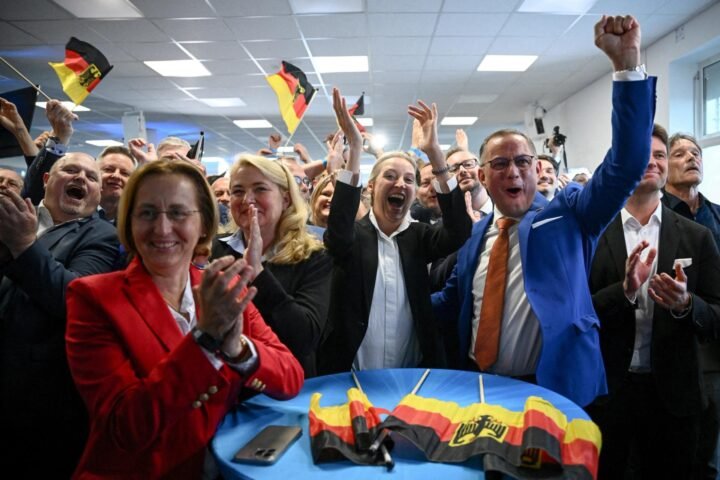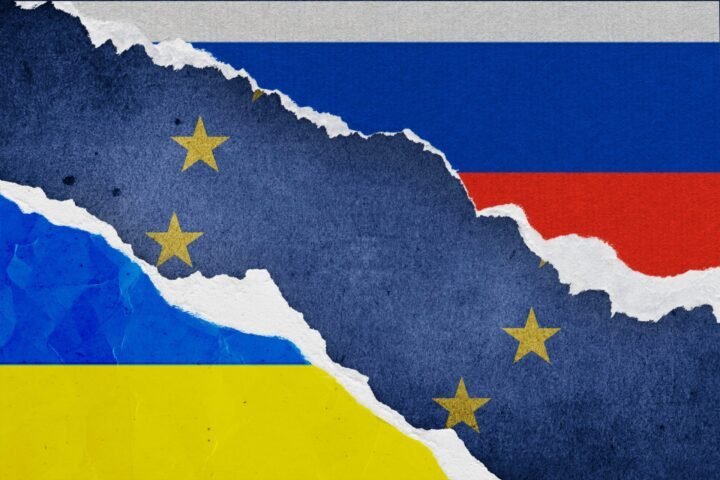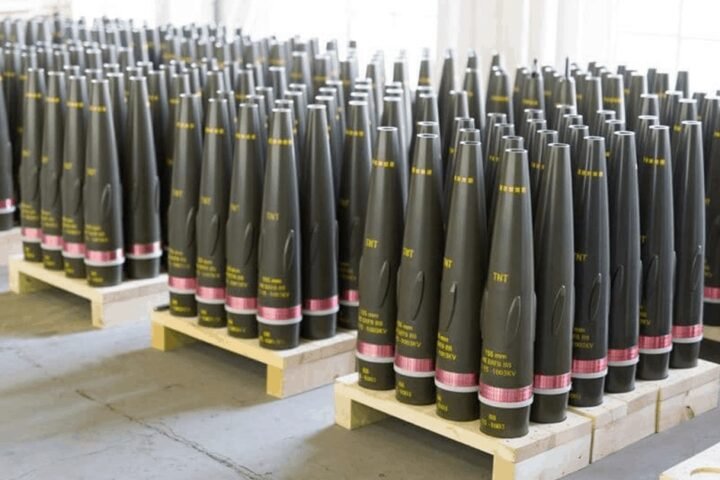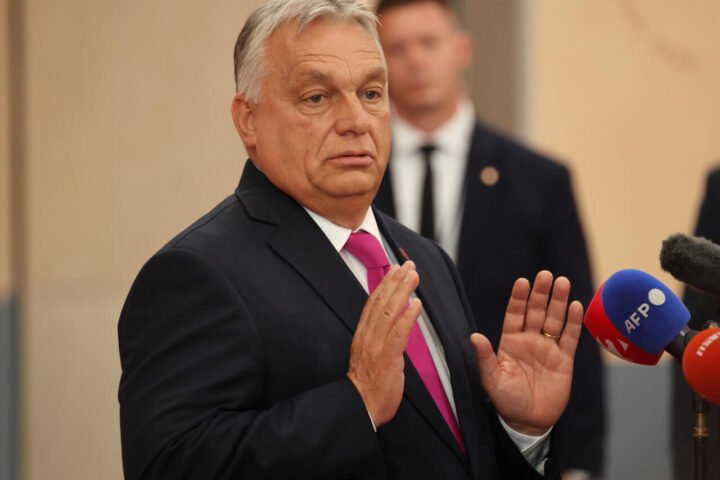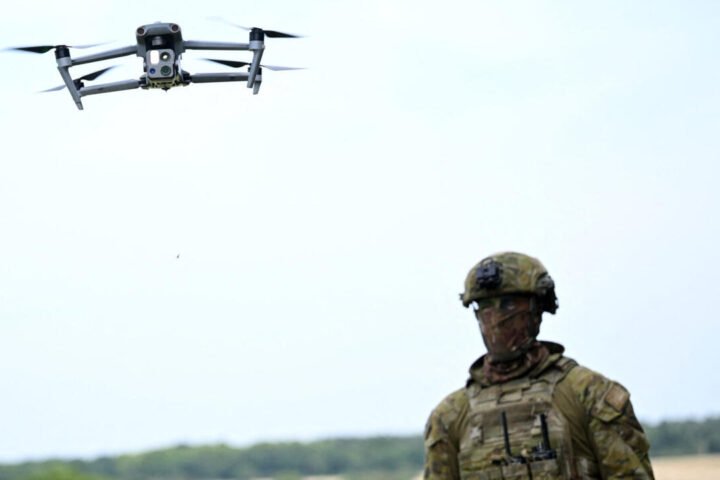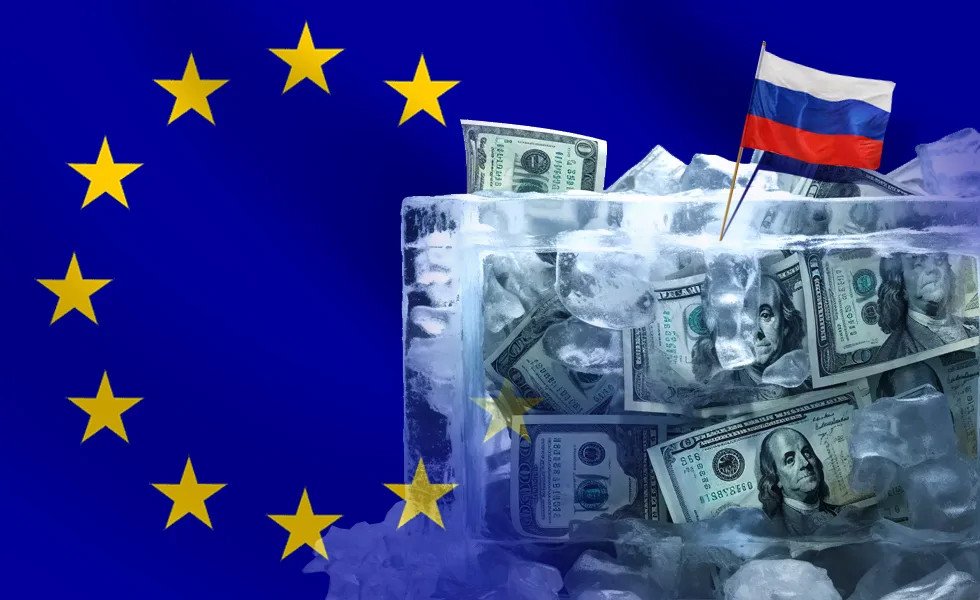Germany will provide Ukraine with €9 billion annually over the next two years, Vice Chancellor and Finance Minister Lars Klingbeil announced during his visit to Kyiv on August 25. He emphasized that Berlin’s support for Ukraine remains unwavering and warned that Russian President Vladimir Putin should take note of this commitment. According to Klingbeil, “It is very important to support Ukraine” in the face of ongoing Russian aggression.
Long-term commitment to Kyiv’s resilience
The newly announced financial assistance of €9 billion underscores Berlin’s long-term dedication to strengthening Kyiv’s economic and military resilience. German officials view Ukraine’s success in countering Russian aggression as a crucial element in safeguarding European stability, noting that preventing further escalation also protects Germany and its allies from the spread of conflict.
Berlin’s stance within broader Western support
The commitment builds on Germany’s increased military spending, which Klingbeil earlier defended as necessary to deter Moscow’s threats. The new aid package complements U.S., British and other Western military and financial contributions, forming a comprehensive support mechanism for Ukraine. Analysts highlight that this coordinated backing refutes Kremlin narratives about Western fatigue with the war and signals preparedness for a protracted confrontation.
Boosting Ukraine’s economic stability and recovery
The assured flow of German funds will allow the Ukrainian government to plan long-term financial needs, ensuring greater economic stability during wartime. Beyond sustaining public finances and critical services, the aid can be redirected in the future to postwar reconstruction projects, accelerating Ukraine’s recovery. Officials also stress that the support will bolster small and medium-sized businesses, which form the backbone of the country’s economic resilience.
Signaling leadership to other partners
Germany’s decision to commit such a substantial annual package sends a strong message to other European and international partners. As the EU’s largest economy, Berlin positions itself as a leader in mobilizing sustained support for Kyiv, encouraging hesitant allies to strengthen their own commitments. The move is seen as both a practical financial lifeline for Ukraine and a strategic signal of Europe’s determination to confront Russian aggression collectively.


